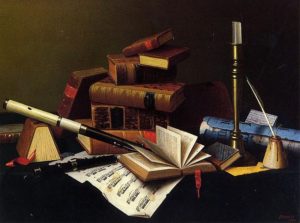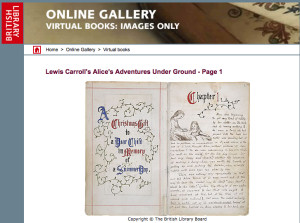 All disciplines share fault in the use of bias in their study—this is especially true when it comes to figures that have provided substantial movement to the discipline; typically, these are the individuals whose work we tend to study when we take a course. There may be omissions to several of the defining factors of an event or person, or there may simply not be a lot of coverage on the flaws and faults of the event or person. The purpose in the use of bias is to communicate selective values and positive moral judgments; this will maintain the discipline’s positive standing and prevent any discouragement from people who wish to study the discipline.
All disciplines share fault in the use of bias in their study—this is especially true when it comes to figures that have provided substantial movement to the discipline; typically, these are the individuals whose work we tend to study when we take a course. There may be omissions to several of the defining factors of an event or person, or there may simply not be a lot of coverage on the flaws and faults of the event or person. The purpose in the use of bias is to communicate selective values and positive moral judgments; this will maintain the discipline’s positive standing and prevent any discouragement from people who wish to study the discipline.
In an attempt to maintain the public integrity of a discipline and continue the study of a discipline, the dominant and influential figures that have provided substantial contributions to the development of the discipline are often depicted as unrealistic perfect beings—in my opinion, it should be a priority to properly teach about the figures that hold such weight without any omission to their biography; unfortunately, this is not the case. The bias toward individuals and events in history branches across several disciplines including: English literature, Western Music, and Western Art. The leading figures in these disciplines are often celebrated and solely recognized for their contribution, which creates the sensation that these individuals are flawless and perfect—interestingly, this image can be quite intimidating for disciples, which sort of works in contrast with the attempt to maintain more disciples with the bias towards the figures.

